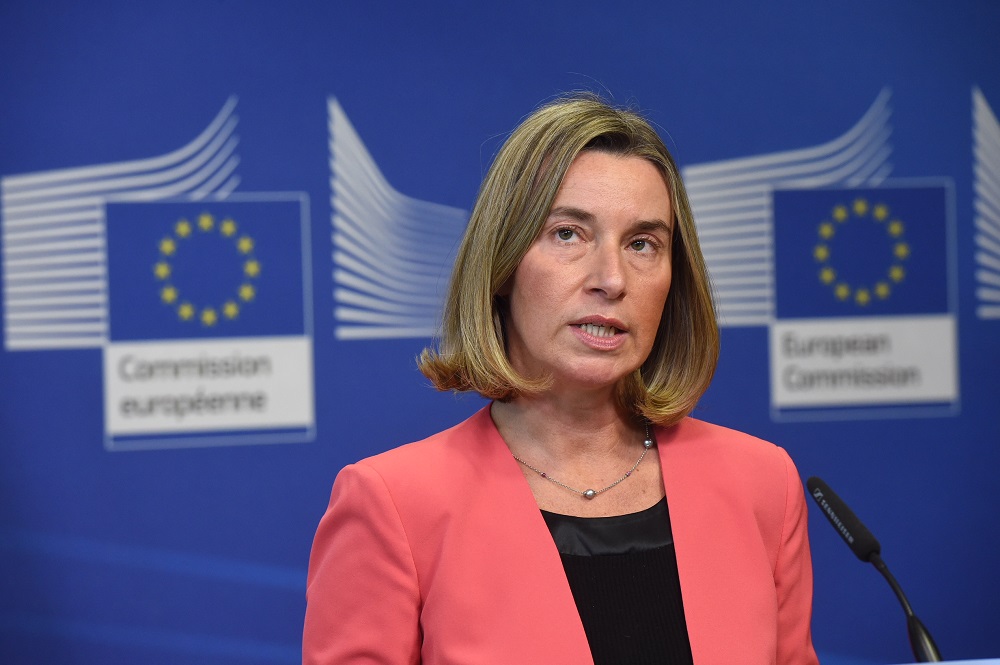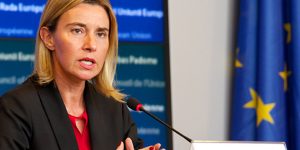On the occasion of the International Day in Support of Victims of Torture, the European Union reaffirms once again its strongest commitment to prevent, condemn and eradicate all forms of torture and other cruel, inhuman or degrading treatment or punishment. Despite the absolute prohibition of torture under international law, it continues to be practiced around the world either in isolated cases or systematically, through different forms. Torture can target everyone – men, women, and children. Torture is an inexcusable crime for which each perpetrator has to be prosecuted and brought in front of justice.
We will keep mobilising all our means to protect all those that have been and continue to be exposed to this abhorrent human rights violation and standing by all those who very courageously engage against this crime through awareness raising, engagement in civil society organisations or support to victims.
The fight against torture and other ill-treatment is enshrined in the European Union Treaties and Charter of Fundamental Rights and a key priority area of the EU Action plan on Human Rights and Democracy 2015-2019.
We apply a global approach to eradicate torture including prohibition, prevention, combating impunity and redress for the victims through a combination of political and human rights dialogues, awareness-raising activities and financial assistance – notably the European Instrument for Democracy and Human Rights and our development aid policies. The EU also promotes the need for safeguards to prevent torture in all its actions and towards those in most vulnerable situations, including in the contexts of counterterrorism, crisis management and migration.
The role of international and regional mechanisms as well as the important role by National Human Rights Institutions and National Preventive Mechanisms is key to eradicate torture. The EU financially supports their important work in several countries around the globe. Setting up independent national preventive mechanisms can ensure continuous monitoring and dialogue, and thereby meaningful changes in the prevention of torture.
Eradication of torture can only be achieved through a global effort by joining forces, defining common strategies and implementing joint actions. Continuous engagement with our partners, at regional and multilateral level, along with civil society, is crucial to making progress.
The launch of the “Global Alliance for Torture-Free Trade” in September 2017 for example reiterates the EU’s commitment to the absolute prohibition of torture, capital punishment and other cruel, inhuman or degrading treatment or punishment. This common initiative, with Argentina and Mongolia, is a global effort from countries who commit themselves to take effective measures to prevent, restrict and ban trade of such goods.
On this particular day, the EU reiterates its call for a broad ratification and effective implementation of the UN Convention against Torture and its Optional Protocol and welcomes its recent ratification by Afghanistan, Australia, Madagascar, Sri Lanka as well as the Palestinian ratification.
In a year which marks the 70th anniversary of the Universal Declaration on Human Rights, the European Union recalls that all human beings are born free and equal in dignity and rights. Guided by its founding principles based on the universality and indivisibility of human rights, the rule of law, respect for fundamental freedoms and human dignity, the EU will continue to strive for the prevention and eradication of torture globally and redress for the harm done to torture victims and survivors.




